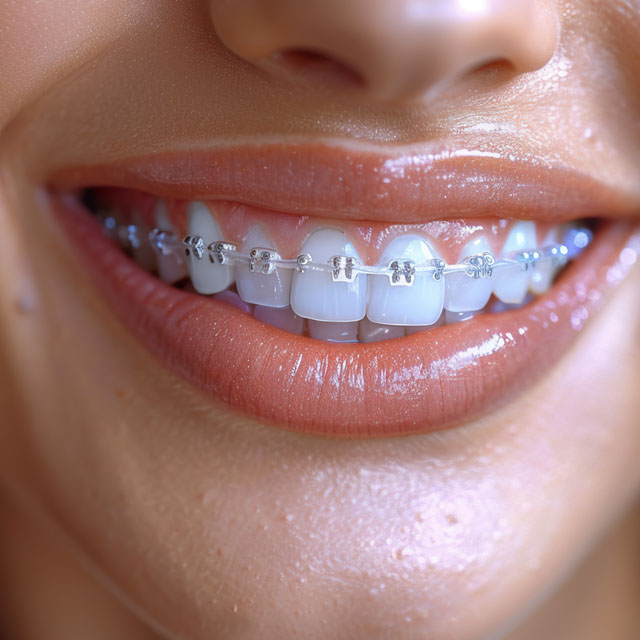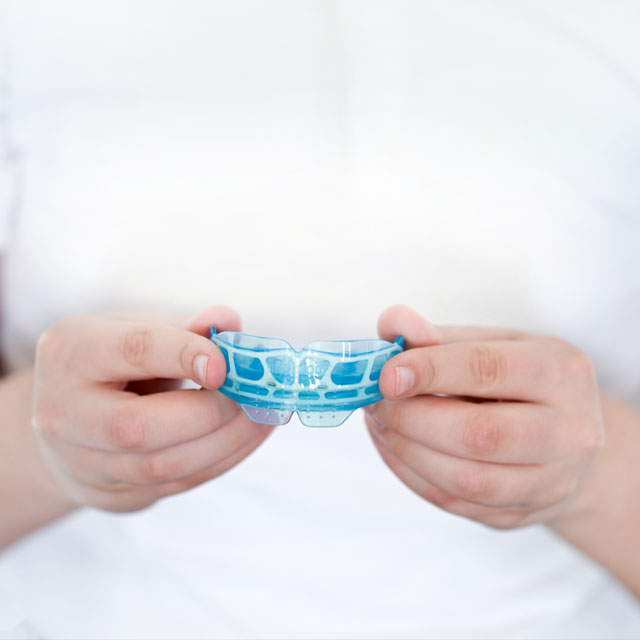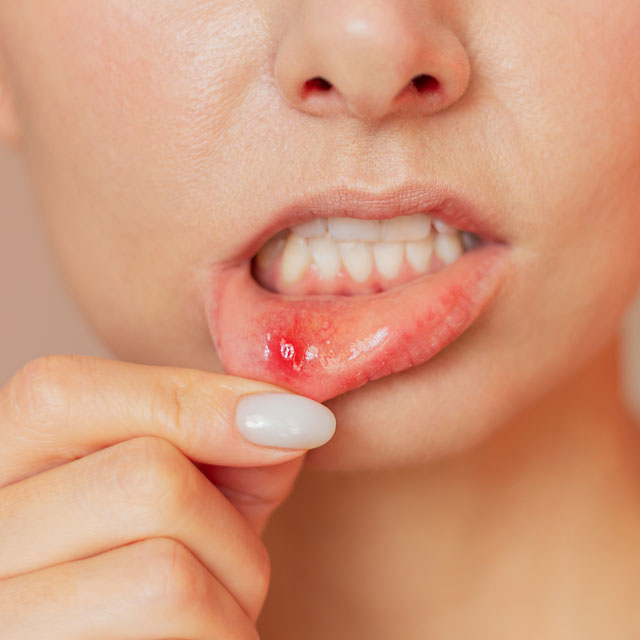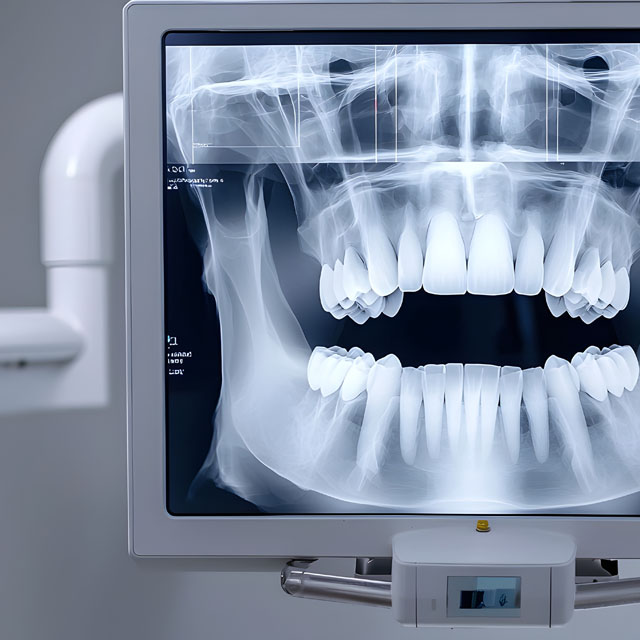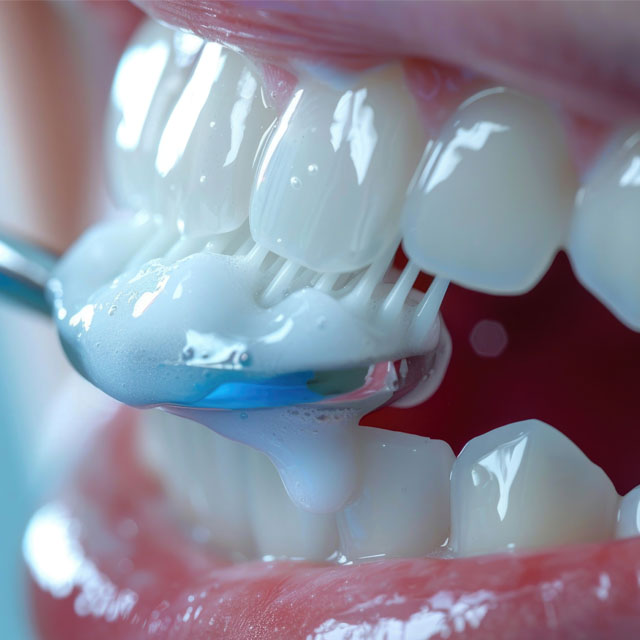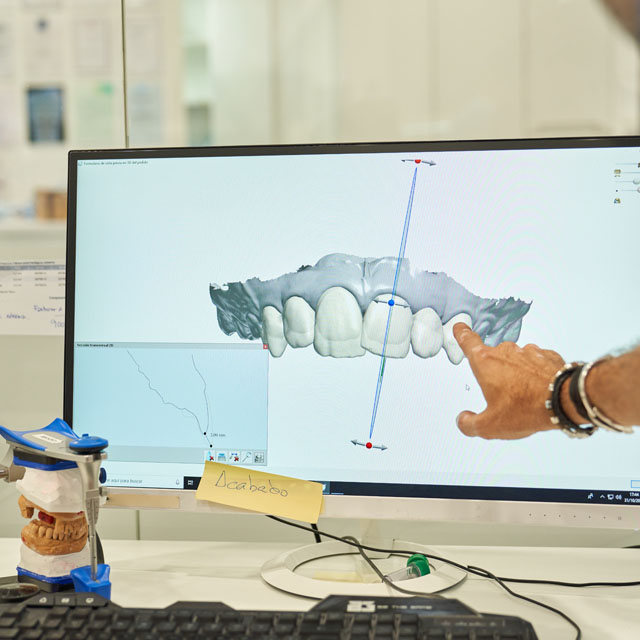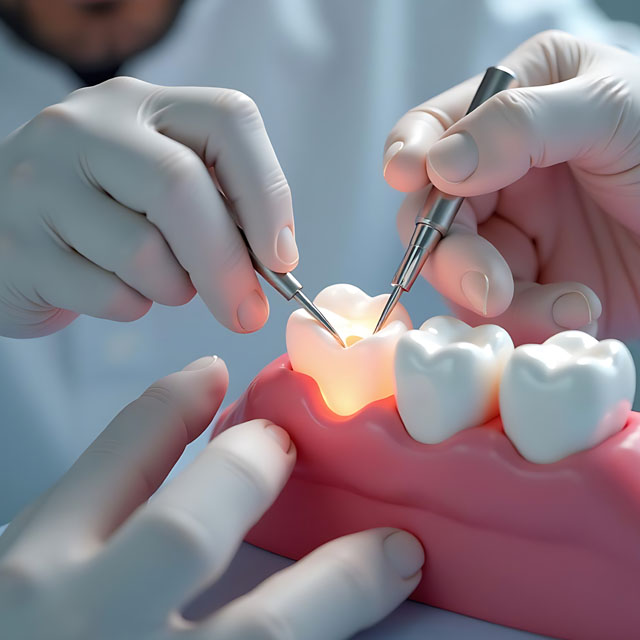Aphthous Ulcer & Herpes Treatment
When painful sores appear in your mouth, getting a correct diagnosis is the first step toward relief
A Guide to Canker Sores and Cold Sores
Mouth sores can be painful and annoying, especially when they make it hard to eat, drink, or talk. The first step to feeling better is knowing what kind of sore you have. Some sores, like canker sores, appear inside the mouth and are not contagious. Others, like cold sores, show up around the lips and are caused by a virus, which means they can spread to others.
Even though they may look similar, each type needs a different kind of care. A dentist can help you figure out the cause and give you the right treatment to reduce pain and heal faster.
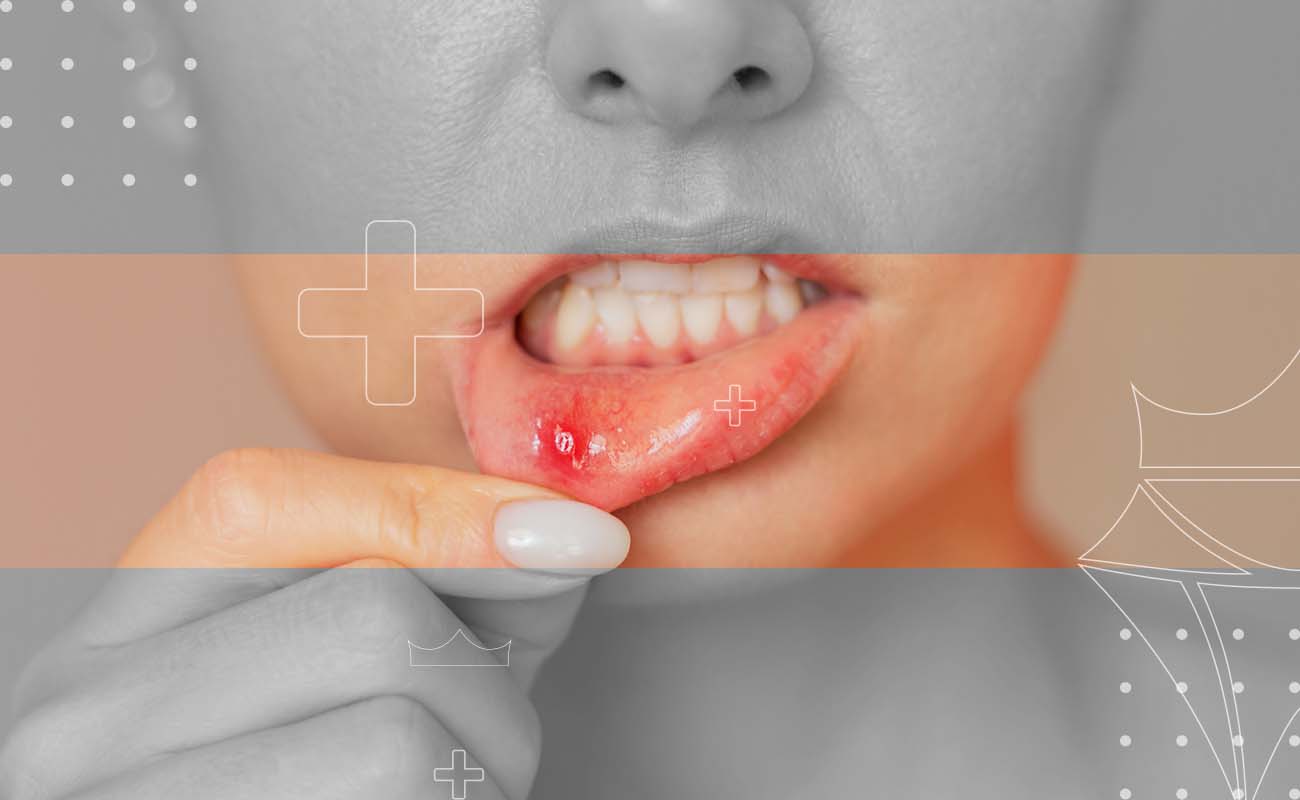
Treatment
Canker Sores (Aphthous Ulcers)
- Canker sores are small, painful ulcers that appear inside the mouth. They are not spread by touching and are not caused by a virus.
Treatment and Relief:
- Home Treatments:A simple saltwater rinse (one teaspoon of salt dissolved in a cup of warm water) can provide soothing relief and help the healing process.
- Professional Help:For severe or frequent canker sores, our dentists at Saphire Dent in Jumeirah may recommend prescription treatments or look for underlying causes like a vitamin deficiency.
Cold Sores (Oral Herpes)
- Cold sores, also known as fever blisters, are caused by the herpes simplex virus and are highly contagious. They usually appear on the lips or around the mouth.
Treatment and Relief:
- Prescription Medications:The most effective way to treat cold sores is with antiviral medications prescribed by a doctor. These can be taken as a pill or applied as a topical cream to help speed up healing and reduce the severity of the outbreak.
- Over-the-Counter Options:Anesthetic gels are available to provide temporary pain relief.
When to See a Professional
Even though many mouth sores heal naturally, some signs mean it’s time to visit your dentist for a closer look:
Severe Pain or Discomfort
- If the sore is so painful that it makes eating or drinking difficult, it may need professional care to ease symptoms and prevent complications.
Frequent Recurrence
- Sores that keep coming back could be a sign of an underlying issue, such as a vitamin deficiency, immune condition, or chronic irritation.
Slow Healing
- If a sore hasn’t healed within two weeks, it’s best to have it checked to rule out infection or more serious concerns.
Accompanying Fever or Eye Irritation
- When sores are paired with a high fever or eye symptoms, it could indicate a viral infection or something more serious that needs medical attention.




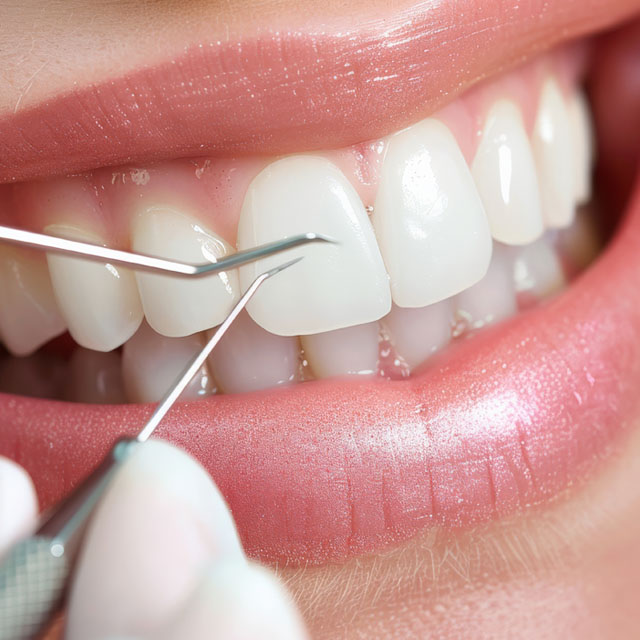


.jpg)

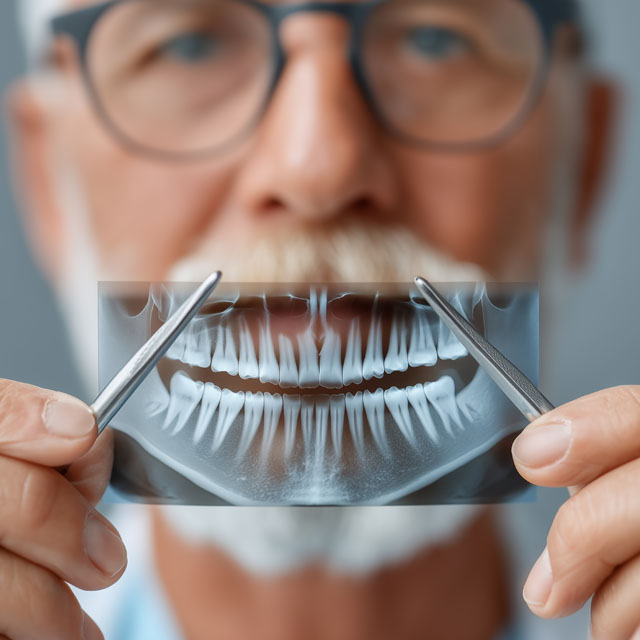

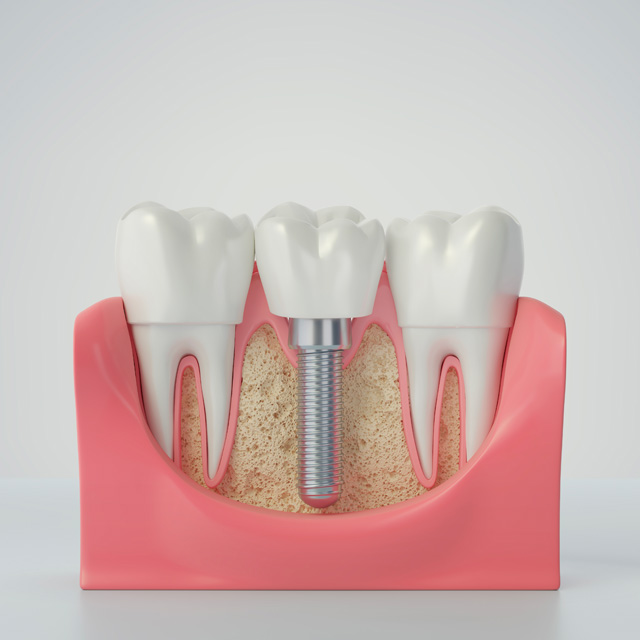

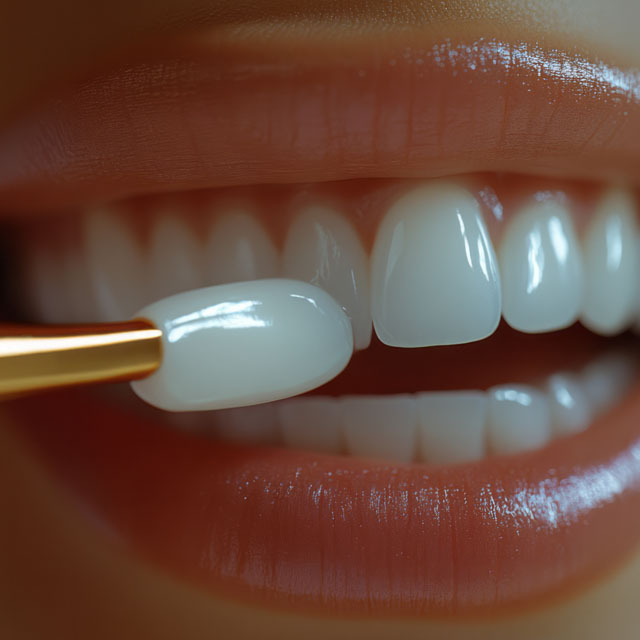
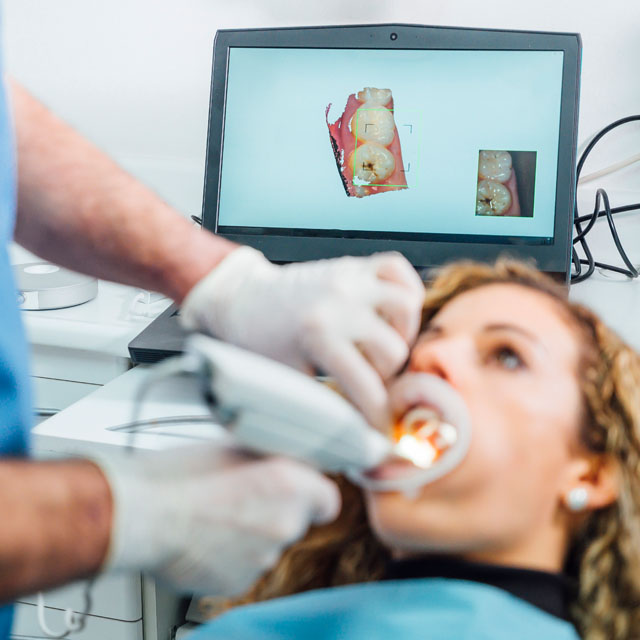
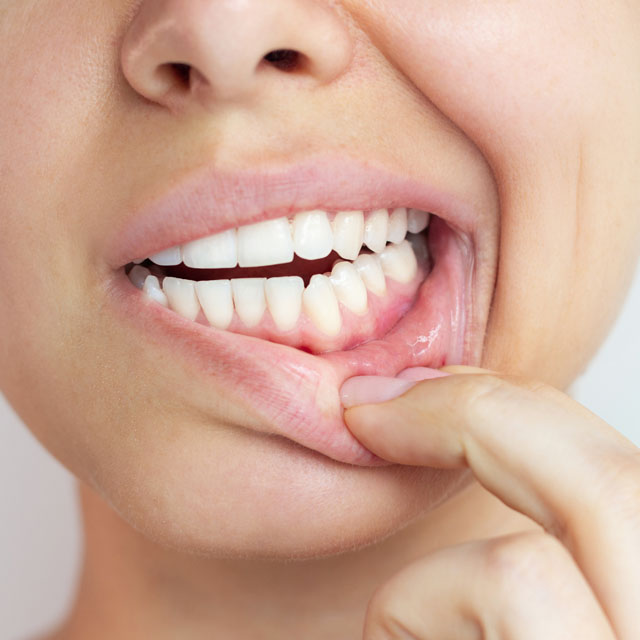
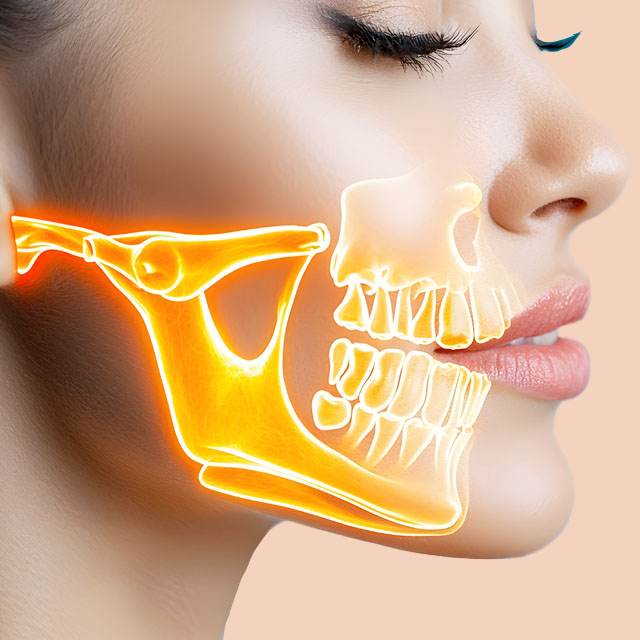
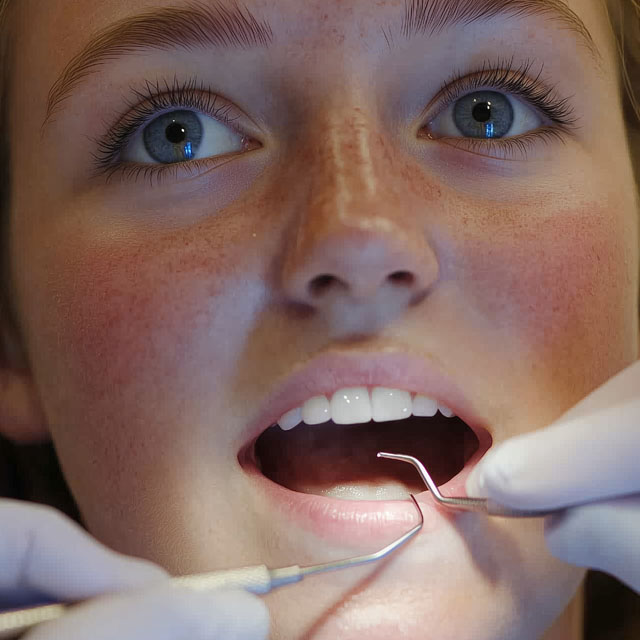



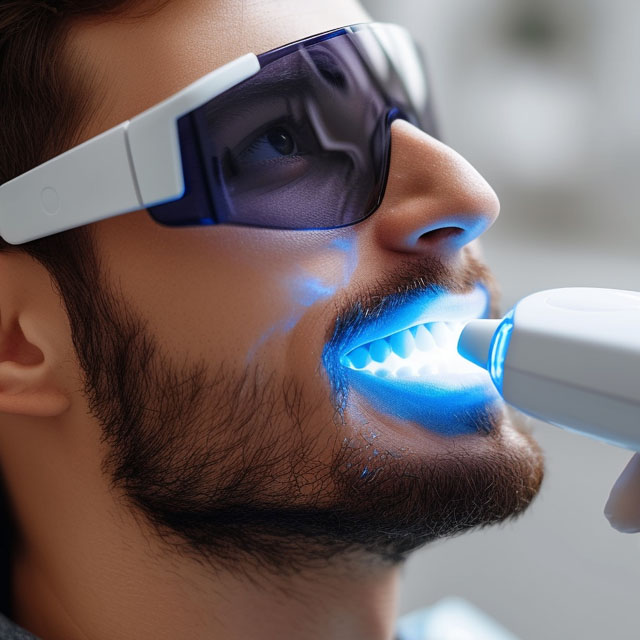
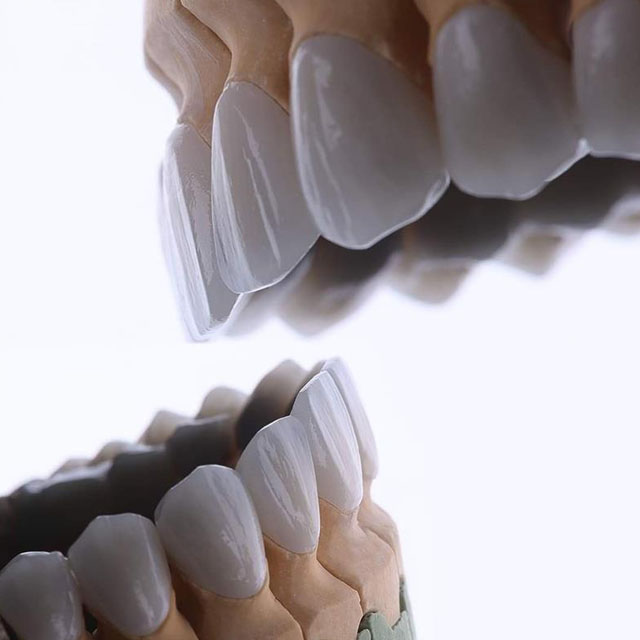



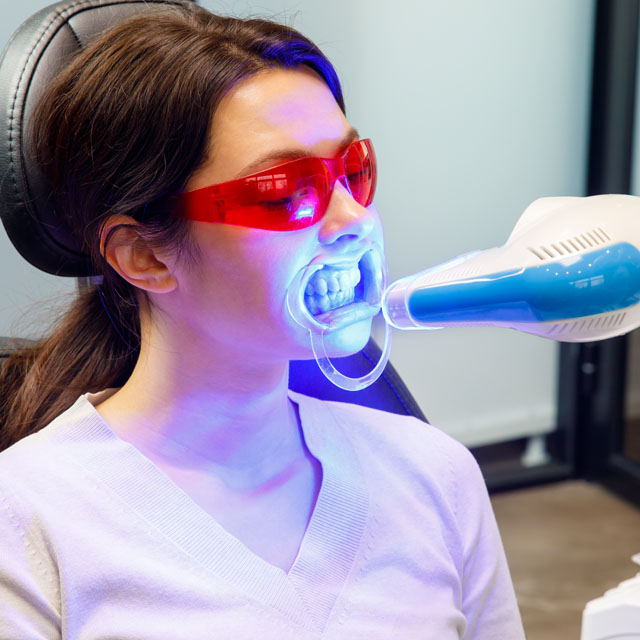

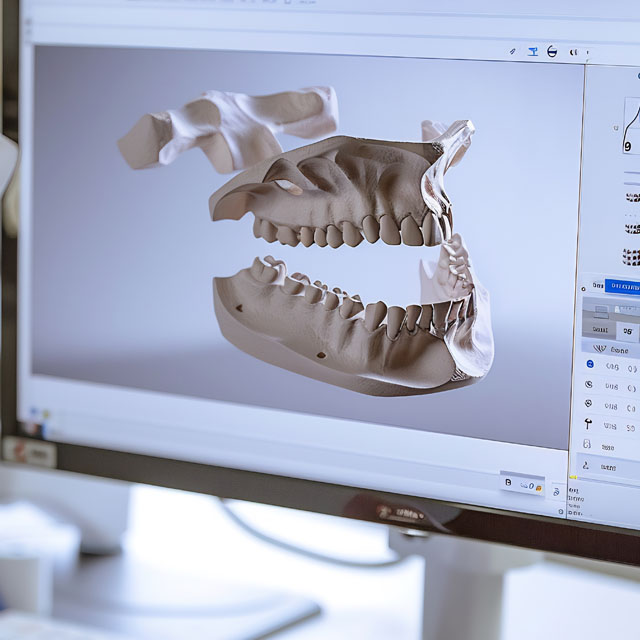

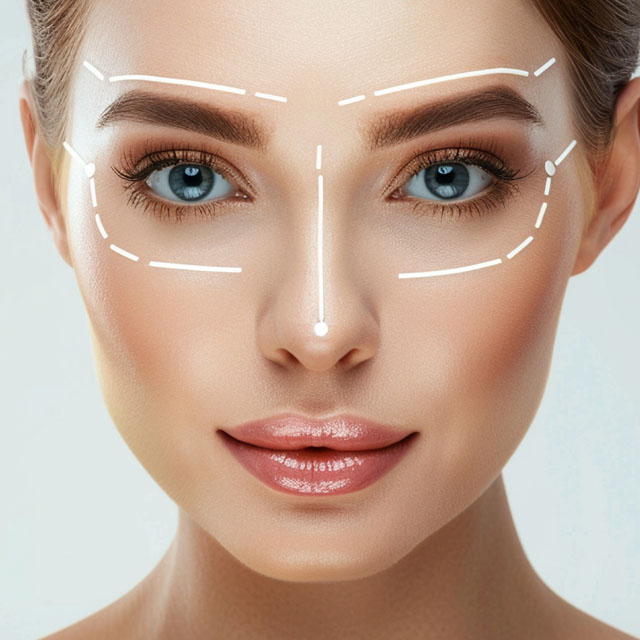
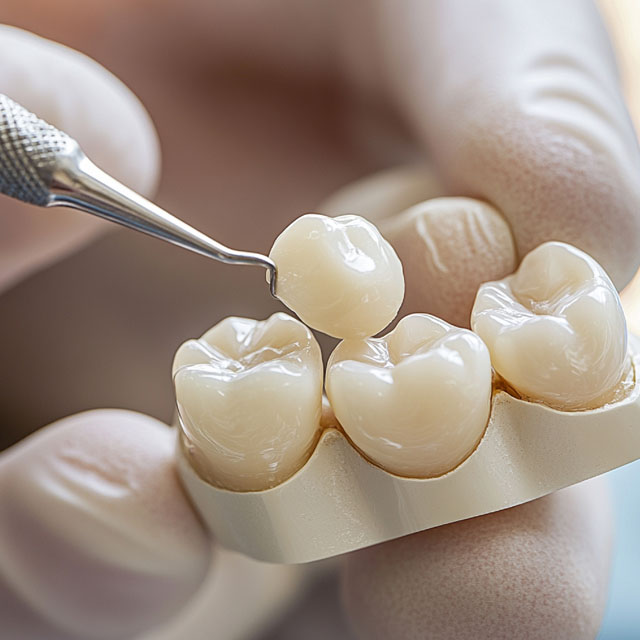


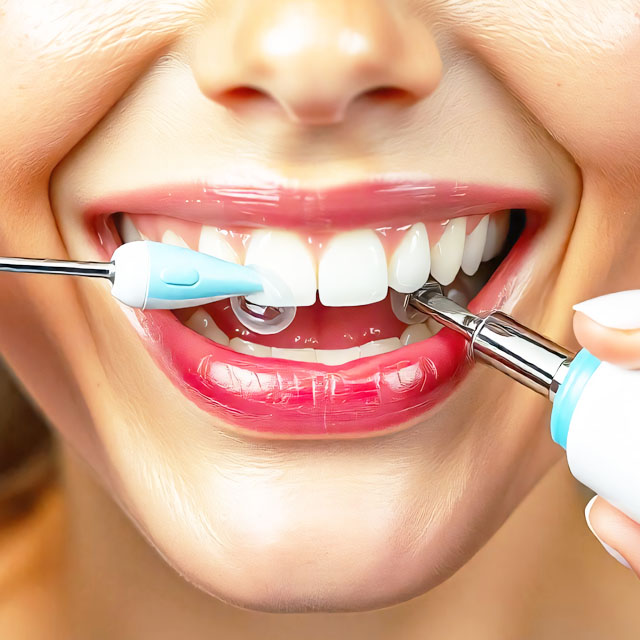


.jpg)
.jpg)
